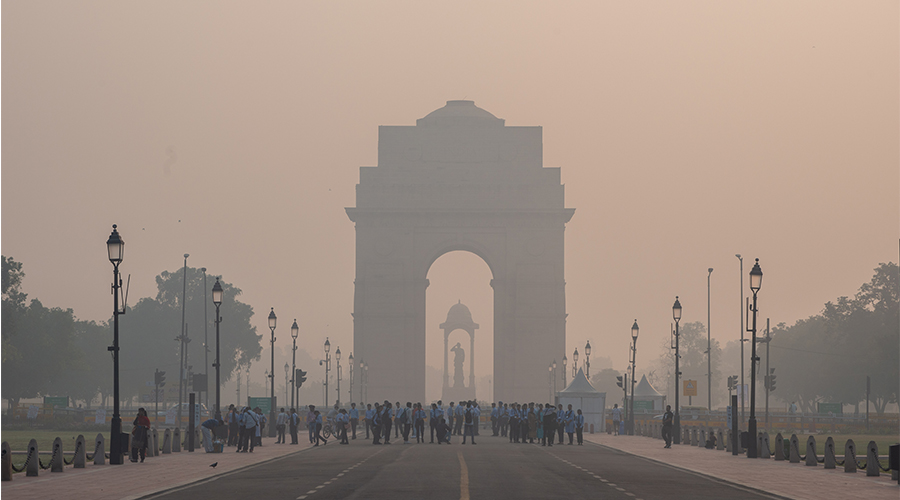Navratri and Fasting: A Deep Dive into Ancient Traditions
4 October 2024
Hello Ziddis! How is the Navratri excitement setting in for you all? Garba can be a great cardio if you look at it that way. But today we are not talking about working out or making everything an exercise. Today we are talking about how Navratri can actually be great for your health! Navratri is celebrated with loads of excitement and devotion in our culture and it is also a great time to look into spiritual reflection and take a little from our age-old traditions of fasting during Navratri! Whatever the cultural or religious significance be it can definitely be a great detox for you. So let us dive deeper into understanding the Navratri fasting.
Navratri Fasting and Its Significance in Ayurveda
During Navratri, it is a tradition to fast for nine days. Navratri festival does not mean completely avoiding food but having lighter food to purify your body. Some who wouldn’t do this fasting still prefer avoiding non-veg during this time.
Looking into the roots of it, Ayurveda considers fasting as a very powerful way to maintain good health and detox our body and mind, According to Ayurveda, one must fast to rekindle the digestive fire or agni within and allow the body to remove all the toxins natural before filling it up again. Hence fasting food usually focuses on eating light, satvic food that cleanses our body and nourishes our soul.
The Ayurvedic connection to the Navratri fast uncovers the aspect of how with seasonal change (in this case transition from monsoon to autumn) fasting helps our body adapt to the new season and reset our cycle. This practice balances the three doshas- Vata, Pitta and Kapha. This balance prevents sickness and keeps us healthy and our immunity strong. This way Ayurveda suggests Navratri fast to help harmonise and reset our body functions to prepare us for the new season physically, mentally and spiritually.
Fasting as a Detox
We can view fasting as a way to detox our body from the toxins stored within our body due to poor eating habits and preferences. This is an ancient and effective method of cleansing our bodies. By having easily digestible food during Navratri and avoiding non-vegetarian food, our digestive system gets a break from heavy, high-effort food.
During fasts, people are allowed to have fruits, milk and loads of water with electrolytes to give them the endurance to fast for longer. These substances help our body to flush out the toxins from the liver, kidneys and even our skin.
During the fast, people often consume fresh fruits, milk, and water, which act as natural detoxifiers. This process cleanses the digestive tract and helps flush out toxins from the liver, kidneys, and skin. By the end of the nine days, many people feel lighter, more energetic, and mentally clear, showing how fasting acts as a powerful detox.

Health Benefits of Navratri Fasting
The health benefits of Navratri go beyond religious perks or detoxification. Fasting also helps by:
- Supporting Weight Loss: Due to most allowed food items being low on calories and fats or processed food.
- Boosting Metabolism: Because of fibre-rich food and bigger windows of not having heavy food.
- Improving Gut Health: By letting the body clean up the toxins and restore the gut microbiome
- Improving Mental Clarity and Focus: Because of spiritual functions, reducing stress and giving you peace of mind.
- Improves Cardiovascular Health: This is by avoiding fried or processed food. By doing so your blood cholesterol levels will come to normal.
Overall, Navratri fasting promotes holistic health by aligning the body, mind, and soul.
What can you have as Navratri Fast Food?
During Navratri, you are supposed to have only one full vegetarian meal and for the rest of the day you have to fast by only feeding yourself light food. So let us understand what is allowed to be eaten during the fasting period of Navratri.
- Have satvic and unprocessed food food
- No grains except some like rajgira or kuttu
- You can have fruits, dry fruits and seeds
- You can have yoghurt and milk
- For spices you can use cumin, coriander and rock salt or sendha namak- normal table salt is not supposed to be consumed during the fasting window.
Some Navratri fast preparations are very tasty and quick to make. So let us see what fast foods can we make and eat during our Navratri fast.
- Sabudana khichadi
- Sabudana Vada
- Kuttu Dosa
- Potato Fries
- Fruit salad
- You can grab some fasting protein bars with no grains
- Fruit juices
All of these are very easy and quick preparations and can be made in minutes. While your fasting window ends and you have your meal, you can add some Fit Foods to your plate to make sure you stay fuller for longer and don’t end up feeling starved and hungry.
Takeaway
While Navratri is a religious festival it is a celebration for all fitness enthusiasts be it losing calories by doing garba or avoiding calories by fasting. By following the fasting tradition, we can make our bodies and minds healthier. Hop on this wagon and make yummy fasting food to munch on and wait as your body cleanses itself. Whether you’re observing traditional fasting practices or opting for modern Navratri fast food options, this ancient tradition is a powerful way to connect with your body’s natural rhythms while honoring the spirit of the festival.









 100% Safe & Secure payments:
100% Safe & Secure payments:




